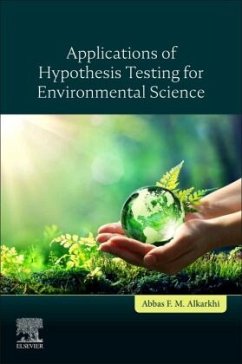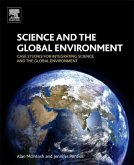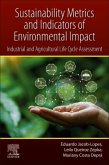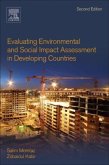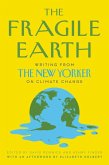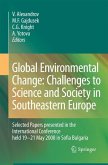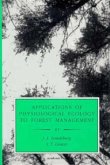Applications of Hypothesis Testing for Environmental Science presents the theory and application of hypothesis testing in environmental science, allowing researchers to carry out suitable tests for decision-making on a variety of issues. This book works as a step-by-step resource to provide understanding of the concepts and applications of hypothesis testing in the field of environmental science. The tests are presented in simplified form without relying on complex mathematical proofs to allow researchers to easily locate the most appropriate test and apply it to real-world situations. Each example is accompanied by a case study showing the application of the method to realistic data.
This book provides step-by-step guidance in analyzing and testing various environmental data for researchers, postgraduates and graduates of environmental sciences, as well as academics looking for a book that includes case studies of the applications of hypothesis testing. It will alsobe a valuable resource for researchers in other related fields and those who are not familiar with the use of statistics who may need to analyze data or perform hypothesis tests in their research.
This book provides step-by-step guidance in analyzing and testing various environmental data for researchers, postgraduates and graduates of environmental sciences, as well as academics looking for a book that includes case studies of the applications of hypothesis testing. It will alsobe a valuable resource for researchers in other related fields and those who are not familiar with the use of statistics who may need to analyze data or perform hypothesis tests in their research.

